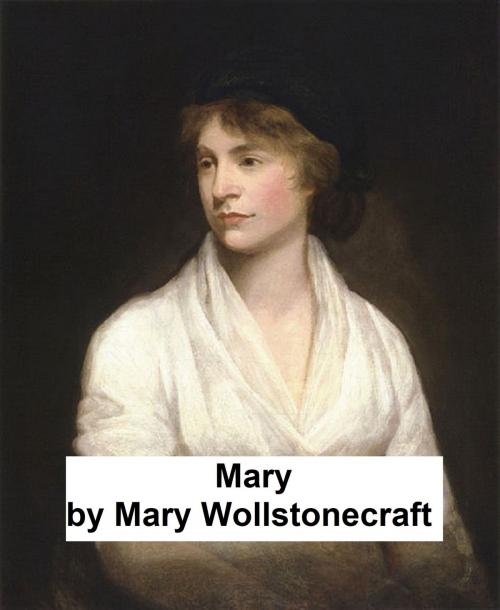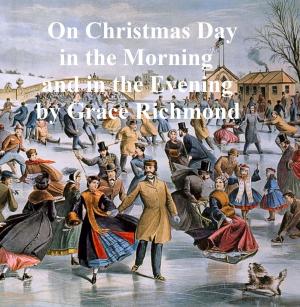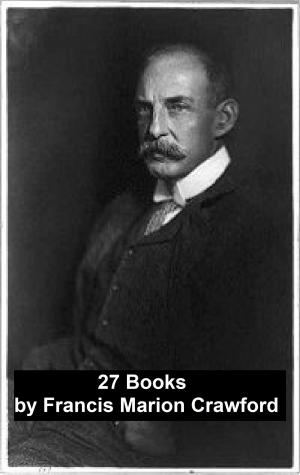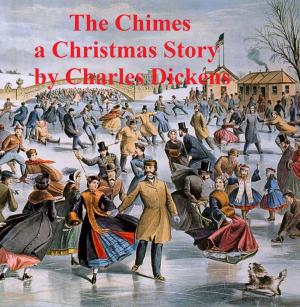| Author: | Mary Wollstonecraft | ISBN: | 9781455357062 |
| Publisher: | Seltzer Books | Publication: | November 26, 2017 |
| Imprint: | Language: | English |
| Author: | Mary Wollstonecraft |
| ISBN: | 9781455357062 |
| Publisher: | Seltzer Books |
| Publication: | November 26, 2017 |
| Imprint: | |
| Language: | English |
According to Wikipedia: "Mary: A Fiction is the only complete novel by the 18th-century British feminist Mary Wollstonecraft. It tells the tragic story of a heroine's successive "romantic friendships" with a woman and a man. Composed while Wollstonecraft was a governess in Ireland, the novel was published in 1788 shortly after her summary dismissal and her momentous decision to embark on a writing career, a precarious and disreputable profession for women in 18th-century Britain.Inspired by Jean-Jacques Rousseau's idea that geniuses are self-taughtgenius (a word which at the end of the 18th century was only beginning to take on its modern meaning of exceptional or brilliant), Wollstonecraft describes Mary as independent and capable of defining femininity and marriage for herself. It is Mary's "strong, original opinions" and her resistance to "conventional wisdom" that mark her as a genius. Making her heroine a genius allowed Wollstonecraft to criticize marriage as well: geniuses were "enchained" rather than enriched by marriage. Through this heroine Wollstonecraft also critiques 18th-century sensibilityMary rewrites the traditional romance plot through its reimagination of gender relations and female sexuality. Yet, because Wollstonecraft employs the genre of sentimentalism to critique sentimentalism itself, her "fiction", as she labels it, sometimes reflects the same flaws of sentimentalism that she is attempting to expose.Wollstonecraft later repudiated Mary, writing that it was laughable. However, scholars have argued that, despite its faults, the novel's representation of an energetic, unconventional, opinionated, rational, female genius (the first of its kind in English literature) within a new kind of romance is an important development in the history of the novel because it helped shape an emerging feminist discourse."
According to Wikipedia: "Mary: A Fiction is the only complete novel by the 18th-century British feminist Mary Wollstonecraft. It tells the tragic story of a heroine's successive "romantic friendships" with a woman and a man. Composed while Wollstonecraft was a governess in Ireland, the novel was published in 1788 shortly after her summary dismissal and her momentous decision to embark on a writing career, a precarious and disreputable profession for women in 18th-century Britain.Inspired by Jean-Jacques Rousseau's idea that geniuses are self-taughtgenius (a word which at the end of the 18th century was only beginning to take on its modern meaning of exceptional or brilliant), Wollstonecraft describes Mary as independent and capable of defining femininity and marriage for herself. It is Mary's "strong, original opinions" and her resistance to "conventional wisdom" that mark her as a genius. Making her heroine a genius allowed Wollstonecraft to criticize marriage as well: geniuses were "enchained" rather than enriched by marriage. Through this heroine Wollstonecraft also critiques 18th-century sensibilityMary rewrites the traditional romance plot through its reimagination of gender relations and female sexuality. Yet, because Wollstonecraft employs the genre of sentimentalism to critique sentimentalism itself, her "fiction", as she labels it, sometimes reflects the same flaws of sentimentalism that she is attempting to expose.Wollstonecraft later repudiated Mary, writing that it was laughable. However, scholars have argued that, despite its faults, the novel's representation of an energetic, unconventional, opinionated, rational, female genius (the first of its kind in English literature) within a new kind of romance is an important development in the history of the novel because it helped shape an emerging feminist discourse."















